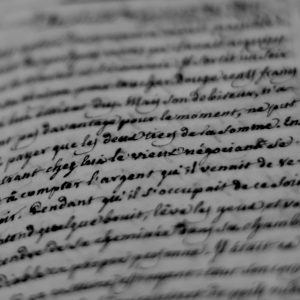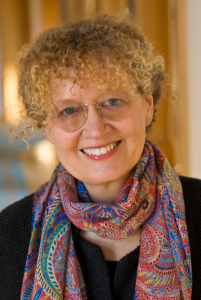The department of English and Comparative Literature’s Creative Writing program is – and has long been – among the best in the country. Hundreds of alumni have gone on to write books, films, albums, plays, and television shows, pursue graduate study in creative writing, and publish stories, poems, and essays in the world’s best journals, magazines, and newspapers. The English and Comparative Literature (ECL) major’s concentration in Creative Writing was established in 2018 to allow students the chance to graduate with comprehensive skills in narrative development, critical thinking, textual analysis, and creative expression.
The Creative Writing concentration has five tracks: fiction, non-fiction, poetry, musical writing, or a combination of genres.
Click here for Current Concentration Requirements

Choose a Track
Courses: ENGL 130 or 132H. ENGL 206 or ENGL 210 or ENGL 211 or ENGL 212, ENGL 406, ENGL 693H & 694H
Courses: ENGL 131 or 133H, ENGL 207, ENGL 407, ENGL 693H & 694H
Courses: choose 5 from: ENGL 306, ENGL 308, ENGL 408, ENGL 409, ENGL 490 (in relevant topic), MUSC 166, MUSC 381, DRAM 231, DRAM 292
Courses: ENGL 138 or ENGL 283, ENGL 208, ENGL 404, ENGL 693H & 694H
Choose 2 from:
-
-
Any courses in ENGL and/or CMPL (excluding first-year seminars)
-
Among these 10 required courses: no more than 2 can be outside ENGL/CMPL
-
Questions?
-
-
Contact the Concentration Coordinator: Prof. Ross White, white@unc.edu
-
Career Spotlight

Mary Pope Osborne
Author of children’s books, including the Magic Tree Series, Class 1971
“Long ago, in a poetry class in the English department at UNC, I gained the confidence to put thoughts and images on a page and share them with others. In that class, I began my love affair with the English language, with the magic and mystery of words. Since then, I’ve published over a hundred children’s books.”

